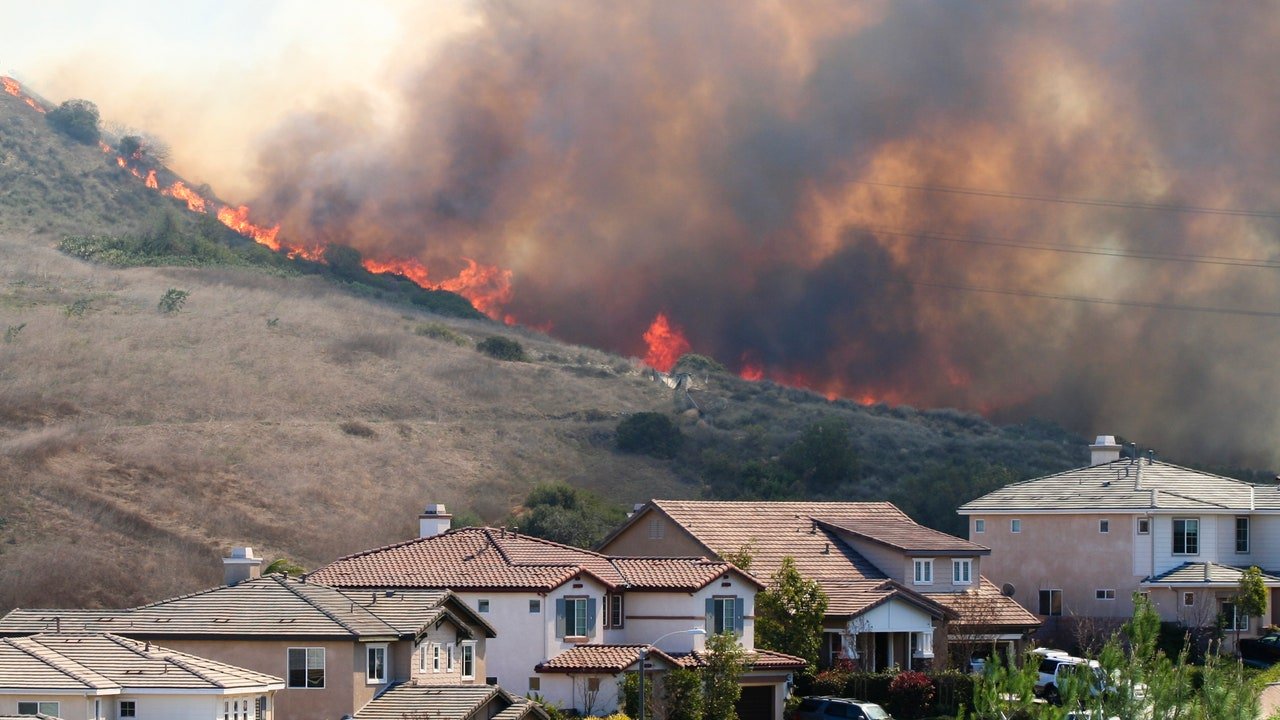How Climate Change is Making it Harder Than Ever to Own a Home
Other agents interviewed for this story agree that the high price of insurance in areas that are vulnerable to climate disasters is one of the leading problems for buyers and sellers in their markets. In June, Allstate joined State Farm in halting coverage for new clients in California, stating costly natural disasters as a primary reason for the move. In July, Farmers Insurance followed the lead of dozens of other providers and stopped underwriting new policies in Florida. “It’s looking desperate,” Désirée Ávila, a South Florida–based realtor, says of the real estate landscape following these decisions. For homeowners who are already covered, premiums are increasing—sometimes to the point that they become unaffordable. Ávila runs a Facebook group for residents of Oakland Park, a suburb near Fort Lauderdale, and says that at least a few times a month a member posts about their insurance policy going up. “There’s this continuous desperation about these policies going up so much and so fast; people can’t keep up with the cost,” she adds.
It’s for these reasons and more that Zac Sperow, a realtor based in Napa and Solano County, California, believes climate change is the next biggest concern in the real estate industry. In addition to the higher costs for individual homeowners, he worries about the cascading impacts on the market as a whole. “We had a luxury insurance specialist come to our office, who told us that in the next few years it would be extremely difficult to insure many high-end homes in the area,” Sperow says. Should these properties become uninsurable, potential buyers won’t be able to finance their purchase. “It means it has to sell for cash, which means there’s only so many people that can buy that house for cash at that price, which means the prices have to come down,” he adds.
For those looking to buy in the current market, Sperow is also advising clients to consider climate change as a factor in the home’s potential resale value. “I had one client who was looking to buy in an area that is constantly flooding. I had to tell them they may not be able to sell it [in the future] if they buy it.”
In these ongoing conversations, cities like Duluth have popped up as “climate havens,” or areas where climate change isn’t likely to be as bad. “The idea of a climate haven is fiction; nowhere is safe…but there are areas that are comparatively lower risk,” Keenan explains. One such city is Raleigh, which AD found to be among the most climate resilient cities using data from the University of Notre Dame’s Urban Adaptation Assessment. “We don’t have as many climate issues because we’re inland,” says Deb Brown, a Raleigh-based agent with Century 21 Triangle Group. “We do have occasional problems, but not in the way it affects people along the East Coast.” This past weekend, Tropical Storm Ophelia made landfall in North Carolina. According to local weather reports, Raleigh saw strong winds and rain, but experienced fewer severe impacts compared to the coastal regions.




